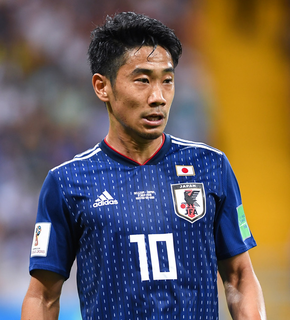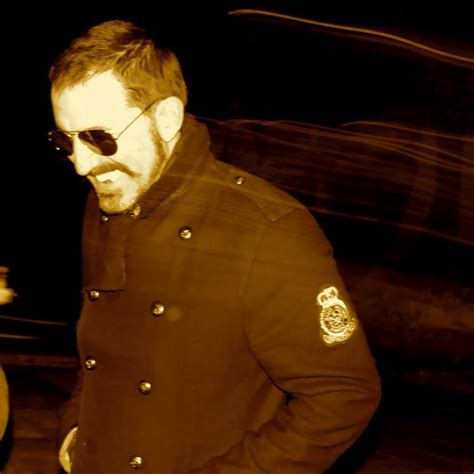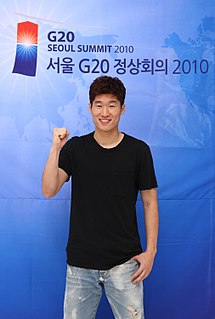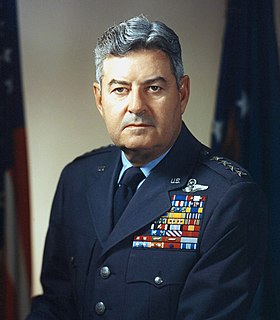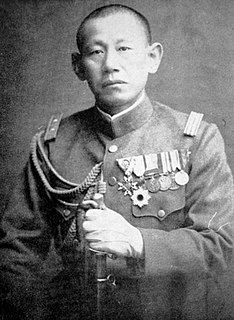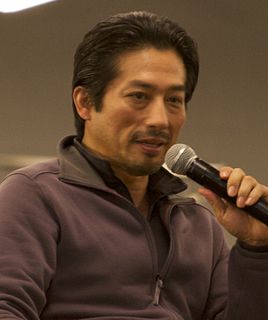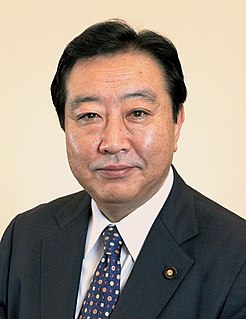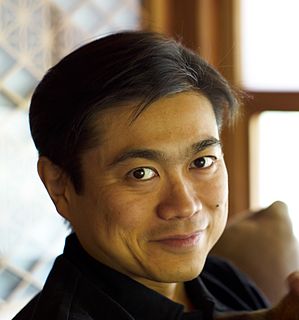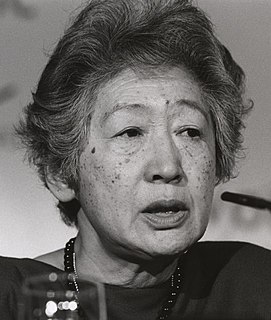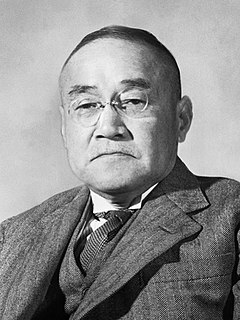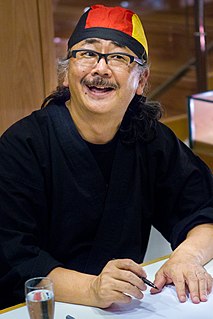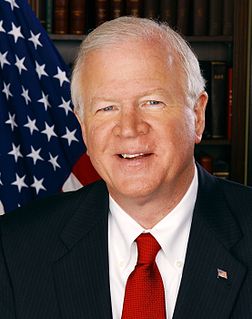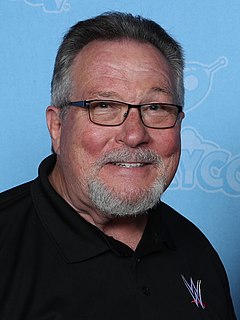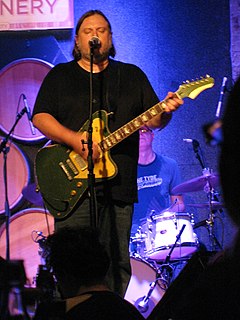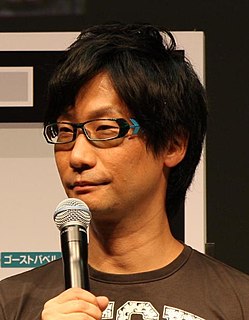Top 1200 Japan Quotes & Sayings
Explore popular Japan quotes.
Last updated on April 14, 2025.
The comfort-women agreement that we made with Japan during the last administration is not accepted by the people of Korea, particularly by the victims. They are against this agreement. The core to resolving the issue is for Japan to take legal responsibility for its actions and to make an official apology. But we should not block the advancement of Korea-Japan bilateral relations just because of this one issue.
I really love Japan, and I liked living there very much, and there are so many terrific things about Japan. However, I do think what's amazing is that Japan really prides itself on being monoracial. It doesn't have the same kind of idea as in the U.K. or Canada or the United States, in which the idea of diversity is a strength.
When I was a young guy, when I first started with G.E., Jack Welch sent us all to Japan because in those days Japan was gonna crush us. And we learned a lot about Japan when we were there. But over the subsequent 30 years, the Japanese companies all fell behind. And the reason why they fell behind is because they didn't globalize.
The sluggish economy is creating a situation where the young people in Japan cannot cherish their desires or have prospects for their future. Also, the decline in Japan's economic capability is resulting in a declining presence for Japan's foreign policy as well.
Accordingly, the duties and mission that I must fulfill are pretty clear: namely, to regain a strong and robust economy, and also to restore Japan's strong foreign policy capability.
The election of Shinzo Abe as the leader of Japan's ruling Liberal Democratic party and now prime minister will have profound repercussions for Japan and East Asia. Most western commentary during the premiership of Junichiro Koizumi has been concerned with the extent to which Japan has allowed a freer rein to market forces.
Revolutionary war is an antitoxin that not only eliminates the enemy's poison but also purges us of our own filth. Every just, revolutionary war is endowed with tremendous power and can transform many things or clear the way for their transformation. The Sino-Japanese war will transform both China and Japan; provided China perseveres in the War of Resistance and in the united front, the old Japan will surely be transformed into a new Japan and the old China into a new China, and people and everything else in both China and Japan will be transformed during and after the war.
I think the retirement crisis globally is a major problem. I think it's especially prevalant in countries such as Japan, where immigration is an issue. I think the US is more shielded from it than most countries in the world. It has a higher birth rate than Japan, immigration is tolerated here unlike probably it is in Japan. I don't think it's as big an issue in the US as it is elsewhere in the world.
I remember my very first encounter with Japan. At that time, I was Deputy Mayor of St Petersburg. Out of nowhere, Japan's Consul General in St Petersburg came to my office and said Japan's Ministry of Foreign Affairs wanted to invite me to Japan. I was very surprised because I had nothing to do with Japan except being a judoka. This was an opportunity to visit Tokyo and a couple of other cities. And, you know, a capital is a capital everywhere: there is the official script and certain protocol. It is always easier to talk in the provinces, the conversation is more natural.
Japan is a wonderful country, a strange mixture of ancient mystique and cyberpunk saturation. It's a monolith of society's achievements, yet maintains a foothold in the past, creating an amazing backdrop for tourings and natives alive. Japan captures the imagination like no other. You never feel quite so far from home as you do in Japan, yet there are no other people on the planet that make you feel as comfortable.
Japan used to beat China routinely in wars. You know that, right? Japan used to beat China, they routinely beat China. Why are we defending? You know the pact we have with Japan is interesting. Because if somebody attacks us, Japan does not have to help.If somebody attacks Japan, we have to help Japan.













